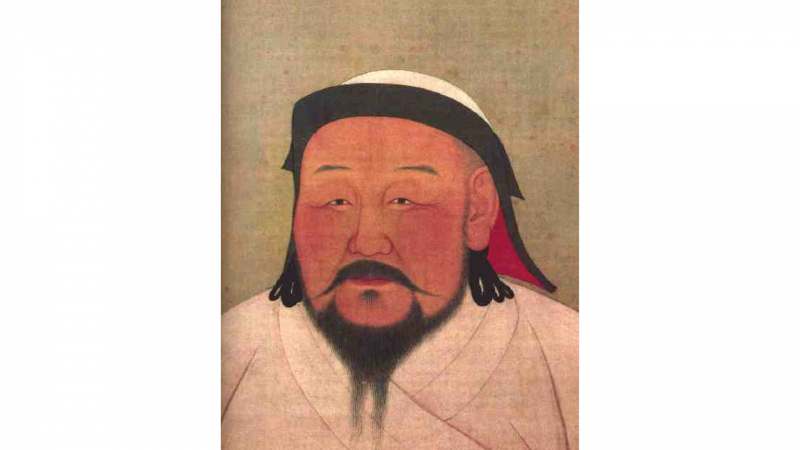Yuan Dynasty

The ninth place in the list of the largest empires of all time belongs to the Yuan Empire. After the Mongol Empire was divided, the Yuan dynasty, which was ruled by the Mongols, took over as China's imperial dynasty. It was started by the Borjigin clan's commander Kublai (Emperor Shizu) and lasted from 1271 to 1368. According to traditional Chinese historiography, the Yuan dynasty came before the Ming dynasty and came after the Song.
The Yuan dynasty saw the development of a vibrant cultural diversity. The growth of play and the novel, as well as the growing use of written vernacular, were major cultural successes. China and a large portion of central Asia's political unification facilitated trade between the East and West. There was a significant degree of cultural interaction as a result of the Mongols' broad West Asian and European ties. China was greatly affected by the various nations and civilizations that made up the Mongol Empire. The production of thin glass and cloisonné gained popularity in China, while other Chinese inventions and goods, such as purified saltpeter, printing methods, porcelain, playing cards, and medical literature, were sent to Europe and Western Asia.
Since the late 1340s, natural calamities including droughts, floods, and the ensuing famines have affected people in the countryside, and the absence of effective government action has resulted in a decline in public support. The Genghisid emperors withdrew to the Mongolian Plateau in 1368 when the Ming dynasty routed the Yuan armies, and they ruled there until 1635, when they were forced to submit to the Later Jin dynasty (which later evolved into the Qing dynasty). History refers to the rump state as the Northern Yuan dynasty.










